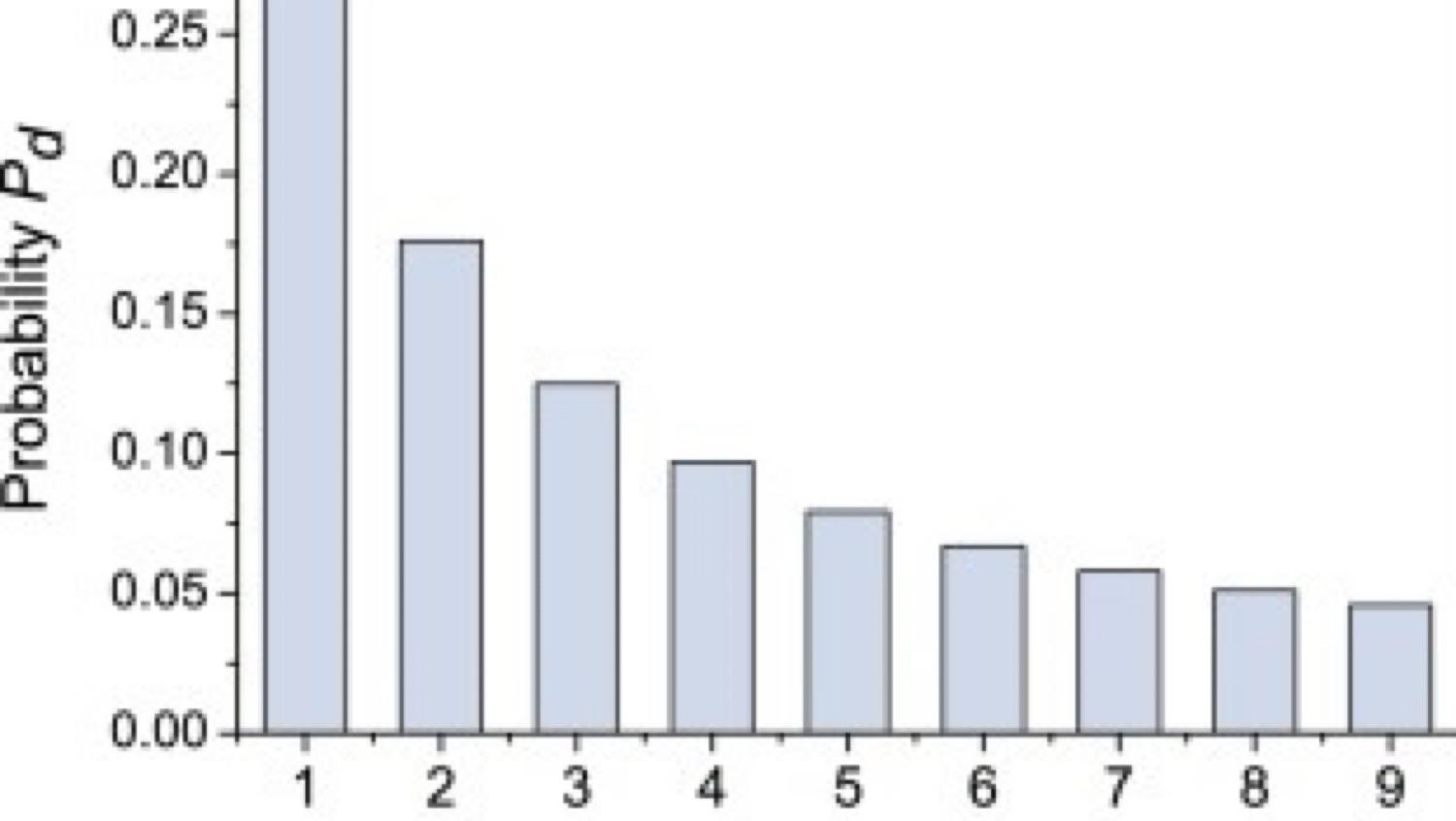Learn more about crypto with this collection
How to manage risk
How to analyze investment opportunities
The importance of long-term planning
What Is Benford's Law?
Benford’s law is an observation about the distribution of first digits in unmanipulated numerical data sets. Benford’s law states that the first digit in naturally occurring collections of numbers is more likely to be small than large.
12
136 reads
Getting Technical
In a number set 0 to 99
11% of the numbers start with 1. Likewise, with every other digit from 2 to 9.
In a number set 0 to 199
more than 50% of the numbers start with 1 and less than 6% start with 2 to 9.
In a number set 0 to 299
37% start with 1, 37% start with 2, and 3.7% each start with 3 through 9.
When number sets obey Benford’s law
30% start with 1, while less than 5% start with 9.
Benford observed that the first digits of naturally occurring multidigit numbers follow a different pattern.
10
113 reads
Benford's Law and Tax Fraud
Benford’s law can uncover fictitious numbers in random data sets because data manipulated for tax evasion purposes will likely deviate from Benford’s law, and in that case it is supposed that there had been a tax fraud act.
The difference between the expected and observed frequencies is determined through use of a chi-square test. A chi-square statistic measures how a model of expectations compares with actual observed data.
10
40 reads
Using The Chi-Square Method
The chi-square test has the following steps:
- determine the expected frequency of the first digit;
- determine the observed frequency of the first digit;
- calculate the difference between the observed and expected frequencies;
- square the difference (to eliminate distortion from negative numbers);
- divide the result by the number of expected frequencies.
When the value computed by the chi-square test exceeds a predetermined critical value, it is appropriate to accept the hypothesis of tax fraud.
9
42 reads
IDEAS CURATED BY
Passionate about crypto Trading since 2015 M.Sc. Chemical engineering Soon Ph.D. Computer science
Other curated ideas on this topic:
2 ideas
Sleep onset is a creative sweet spot
science.org
5 ideas
The Difference Between a Hypothesis, Theory, and Law
thoughtco.com
2 ideas
Why ethics and law are not the same thing
intheblack.com
Read & Learn
20x Faster
without
deepstash
with
deepstash
with
deepstash
Personalized microlearning
—
100+ Learning Journeys
—
Access to 200,000+ ideas
—
Access to the mobile app
—
Unlimited idea saving
—
—
Unlimited history
—
—
Unlimited listening to ideas
—
—
Downloading & offline access
—
—
Supercharge your mind with one idea per day
Enter your email and spend 1 minute every day to learn something new.
I agree to receive email updates

